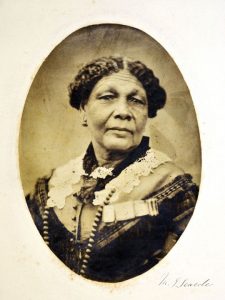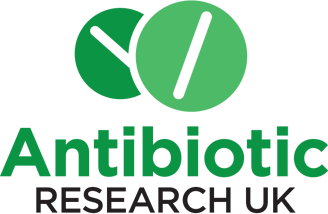As we commemorate International Nursing Day (12 May 2020) and the contribution of nurses to helping the sick particularly in the midst of the current COVID-19 pandemic, the name of Florence Nightingale immediately springs to mind. Nurse Nightingale was a manager and trainer of nurses during the Crimean War (1853-1856) and is rightly regarded as the founder of modern nursing. A much less well-known figure who helped wounded soldiers in that war was Nurse Mary Seacole. I had never heard of Seacole until she was pointed out to me as a historical figure who deserves prominence for her role in treating wounded soldiers in that war.

Mary Seacole was of mixed race being the daughter of a Scottish soldier and a Jamaican woman. She learnt from her mother about herbal remedies and how to treat sick people particularly those suffering from cholera (caused by the bacterium Vibrio cholera). Cholera caused millions of deaths in the 19th century and is still a common cause of death in the developing world. Many soldiers who fought in the Crimea died not from their wounds but from cholera.
Mary Seacole after she moved to England asked the British War Office if they would support her on a nursing mission to the Crimea but she was refused. Undeterred she raised funds herself and on arriving in the Crimea set up the British Hotel near Balaclava to provide a mess-table and comfortable quarters for sick and convalescent officers’. She also visited the battlefield, sometimes under fire, to nurse the wounded, and became known as ‘Mother Seacole’. Her reputation was said to rival that of Florence Nightingale. There have been many stories written about their relationship but it appears they only met once.
After Seacole returned to England from the Crimea she was destitute. A massive fundraising event to support her was held in London which was attended by thousands of people to acknowledge her nursing contribution. She died in 1881.
So, what might be the relationship between Mary Seacole treating the sick and wounded in the 1800s and medicine as practiced today? Seacole used many herbal remedies that were handed down by her mother to her. Some of these might have had antibacterial properties – a number of today’s antibiotics are natural products not least of which is penicillin. It is likely that around us in the natural environment, including the soil and oceans there are a multitude of unidentified antibiotics to be discovered. After all, natural antibiotics are produced by one organism to fight off another to survive so maybe Nurse Seacole had some herbal remedies in her medicine bag that should be explored today. The theory of ancientbiotics is very interesting – find out more.
Please support Antibiotic Research UK as we seek to find new antibiotic treatments by donating HERE.

